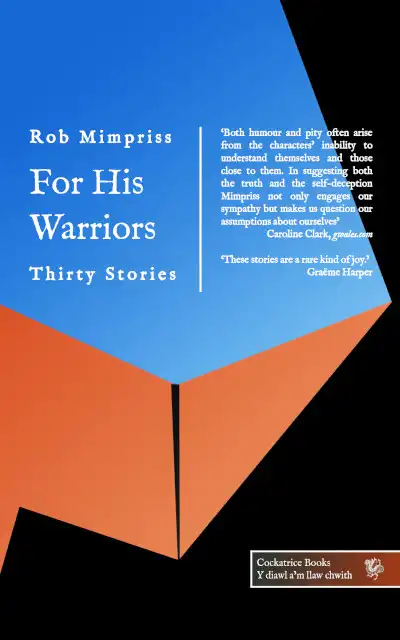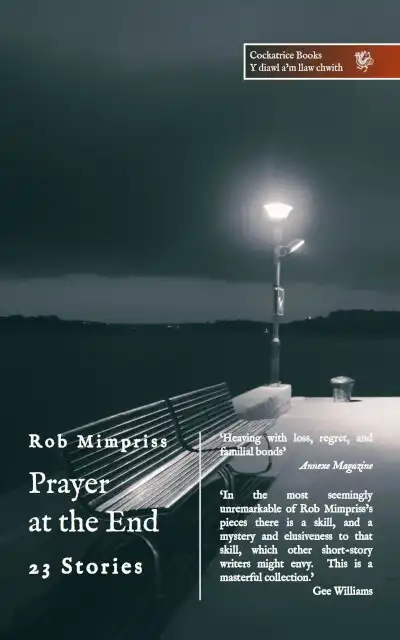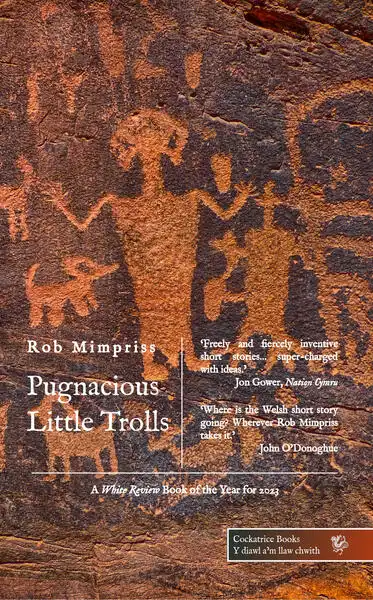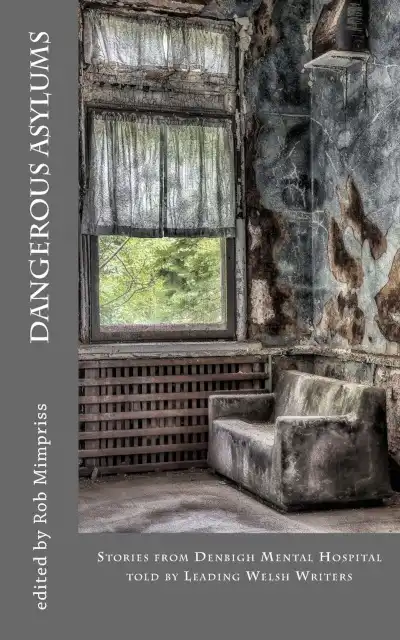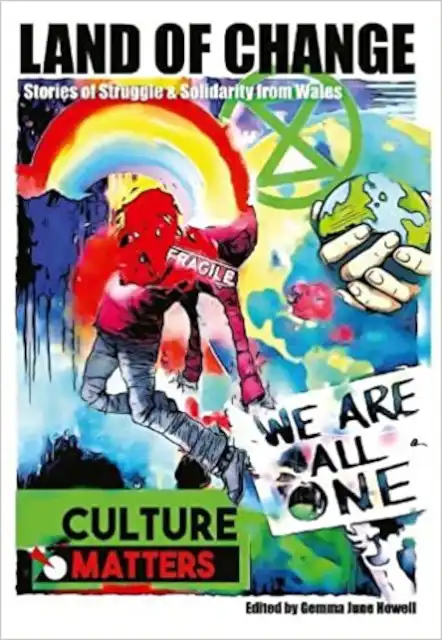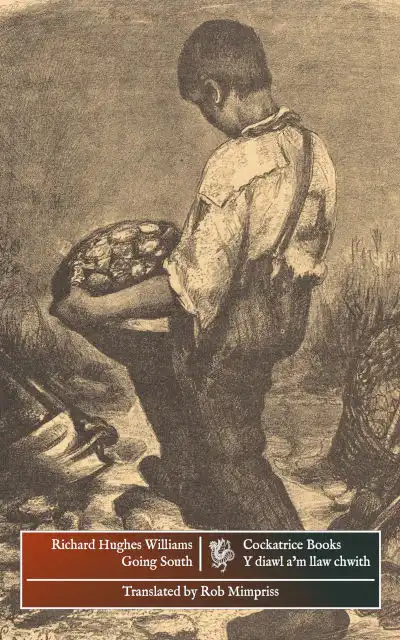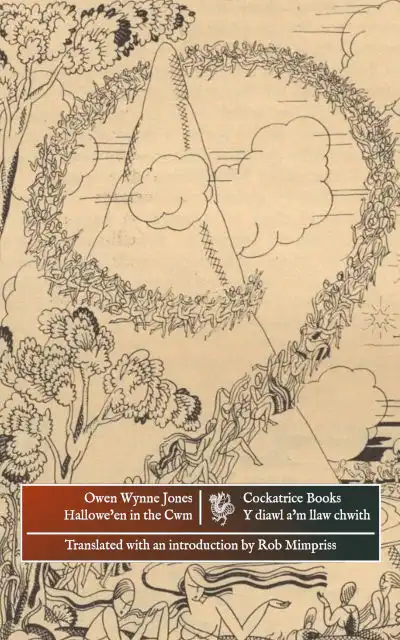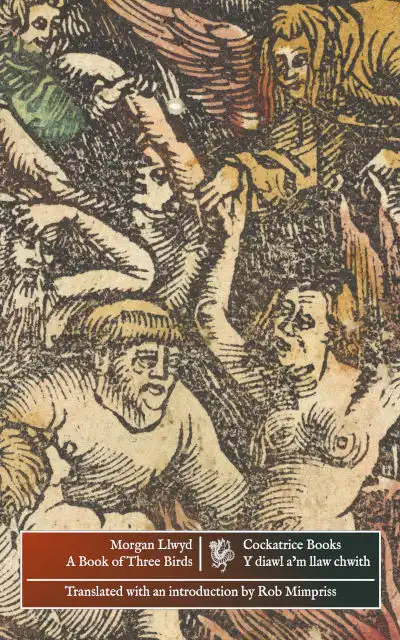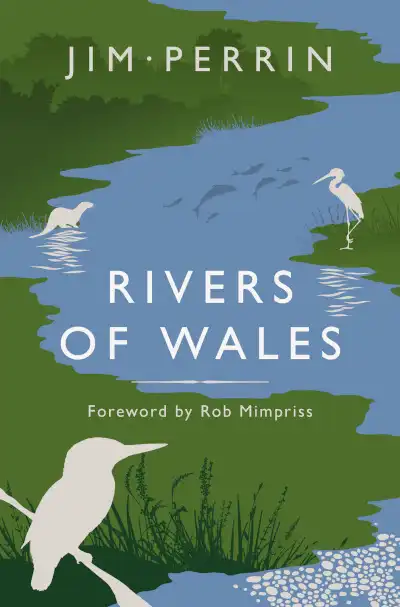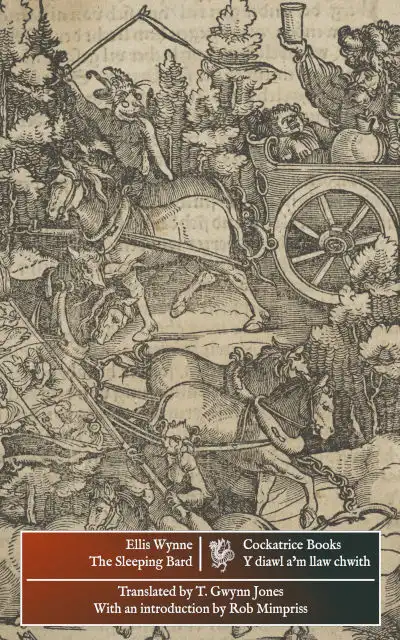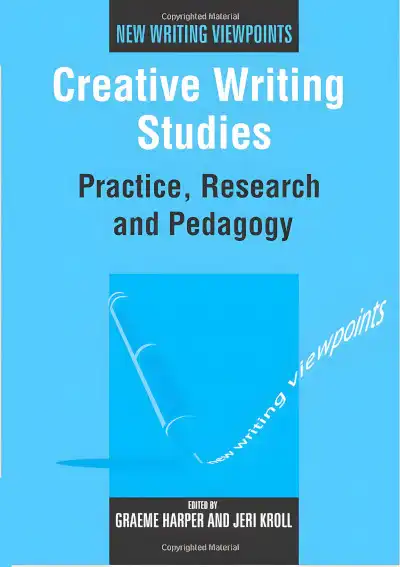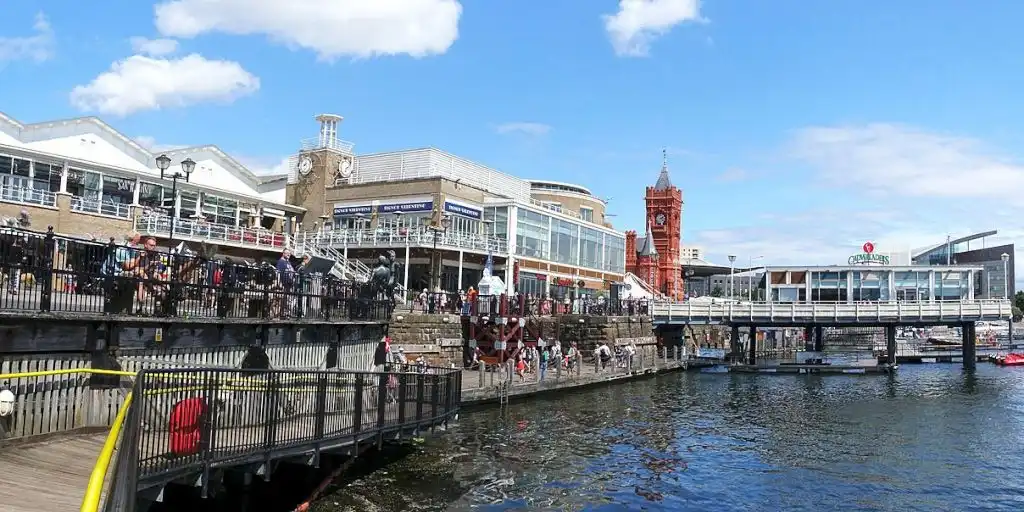Thomas Gwynn Jones (b. 1871, Betws yn Rhos, near Abergele; d. 1949), was a highly distinguished and influential poet, a translator from Irish, German, Norwegian, Latin, Greek and English into Welsh, and from Welsh into English, a novelist, playwright, critic, biographer and journalist. He was awarded the Chair at the National Eisteddfod in 1902 and received honorary doctorates from the University of Wales and the National University of Ireland. The short story below is taken from his sole short story collection, Brethyn Cartref (Caernarfon: Cwmni y Cyhoeddwyr Cymreig, 1913), and the translation is my own. The fictional place name, Llanygeiniog, like Emyr Humphreys’ Llanelw, suggests lucre.
Dafydd Morgan came abruptly to the attention of Llanygeiniog. He was what one would call an ordinary man, though he was rather extraordinary as well: a worker in the little quarry outside Llanygeiniog, where he was considered to be something of a humourist and eccentric. Then one day he inherited a significant sum of money in Chancery, and immediately became a man of substance in the town.
He promptly gave up his job and bought a house in Llanygeiniog, and to celebrate the special occasion and show his good feelings to his old acquaintances, he arranged a dinner for the quarrymen in the Red Lion on Gold Street. Local businessmen and clergymen and other leading citizens of the town were invited as well. Left to their own devices, Dafydd and the other quarrymen would have eaten and drunk in silence, but these worthy folk expected toasts to the King and other ceremonies, and had persuaded Dafydd to place the arrangements entirely in their hands.
The diners arrived and the meal was begun, and at the appropriate time, a portly gentleman rose to his feet, and gave a toast to the King, the royal family, the armed forces, and the Church, praising those institutions in the highest terms, and denouncing their critics and enemies. And when the calls and applause were still dying away, he tapped his knife to his glass for attention.
‘And now,’ he said, ‘I have a most pleasant duty to perform, and will shortly be proposing a toast to Mr Morgan. I’m sure you will all agree when I say that Mr Morgan has proved himself a true benefactor to our town. It isn’t long since he came into the possession of the wealth that is rightfully his, and his loyalty to his townsfolk is proved by the fact that we are gathered here today, enjoying this fine dinner…’ At this point a number of other worthies led the quarrymen in applause. ‘Moreover,’ continued the portly gentleman, ‘moreover, he has bought property in Llanygeiniog, and will no doubt continue to live here and support local businesses – businesses such as the Gold Street Emporium, a business of which I have no doubt a number of you are patrons…’ A few of the leading citizens applauded. The portly gentleman coughed.
‘There is one unexpected advantage to owning property, as Mr Morgan does. It is that a man of ability and good intent can begin to lend his services to his country, and give his time to the corporation that runs the public amenities in his town. Mr Morgan has already proved himself such a man, and I have every expectation that before long we will see him showing an active interest in his civic duties. I for one would gladly welcome him onto the Corporation. But in conclusion, and without further ado, I would like to call on this honourable gathering to drink Mr Morgan’s good health!’
The toast was drunk amidst deafening applause, and Dafydd rose to his feet. He had not an inkling what he was expected to say, but as the applause died out he began as follows.
‘Well,’ he said, ‘you’ve all know me since I was a boy, and you’ve been my friends since I was a quarryman in the rubble and dirt, and here are my new friends, who’ve been so kind to me and got to know me so well since I came into my money, and it’s good to see you sitting here like this eating a hearty meal for once, and forgetting about your problems. Especially that greaseball over there, as they call him – I’ve no idea why. Well, I wasn’t expecting to come into this money, but now I’ve got it I’ll do my best. Mr Jones at the Gold Street Emporium just called me a true benefactor of this town. Well, since I’ve never set foot in his shop I’m grateful for his kind words, and I can say to him now that I won’t forget he has a shop, now I’ve come into my money. Anyway, I wouldn’t go there because everything’s a bit dear, although I dare say it’s good quality. He also said I’ve not forgotten my old friends, and have shown my esteem for them. Well, that’s true enough, and I’d think myself a pretty poor specimen if I hadn’t. Leaving aside the odd bust-up here and there, they’ve were pretty good friends to me when I needed them, and now I’ve had the good fortune to come into some money, I’ve met a new set of people who want to be my friends instead. But don’t think I’ll cast my old friends aside just because I’ve had some good luck. I’ve not forgotten I was born a quarryman, and I hope to die as one. Mr Jones also said I’ve bought a house in town and I’m supporting local businesses. Well, for what it’s worth, that’s true enough. I’d rather live here than anywhere else because it’s the only place I know, and as for supporting local businesses, well: like I said before, I can afford to pay Mr Jones sixpence for things, if they’re really better than things I can buy cheaper somewhere else. I don’t think much of people who take their money away to spend it, so I hope from now on the shoppers of town will be spending their money on local goods – especially cloth – instead of that cheap stuff from England or abroad. If I understood him right, Mr Jones was saying I’ve a chance of getting onto the Corporation. Well, I don’t think that much of myself, to tell you the truth. Or of the Corporation, if it comes to that. I can’t imagine I’d make a better councillor than most of you, and it’s high time you were given the chance. Mr Jones said that one advantage of being rich is that you can give your time freely to your town and country. That’s true enough, and so it should be. So far as I can see, the fact that they’re rich is the only good thing you can say about most of the people who serve their country, except that they usually make their country serve them as well. At the same time, I’m not saying they shouldn’t have some acknowledgement for devoting so much time to their own affairs, and a little bit to the affairs of others, whenever they think of it. If ever you think I might do some good by joining the Corporation, I’m willing to give it a go. But he said a number of other things I can’t say I agree with. When he proposed a toast to the king, he as good as said he’d like to see opponents of the monarchy strung up. I disagree. So far as I can see, the king is a good enough sort of fellow, but either he’s overpaid for what he does, or everyone else I know is paid too little. He also said we’d be in a worse state if it weren’t for the army and navy and all those priests. I don’t think so. We wouldn’t be able to get into fights all the time, that’s all. But I know I’ve talked too much. I’ve nothing more to say, except to thank you all for coming here tonight. Stuff as much down your gullets as you can, and whatever’s left over, you can take home.’
This was Dafydd Morgan’s first speech. And his last.

